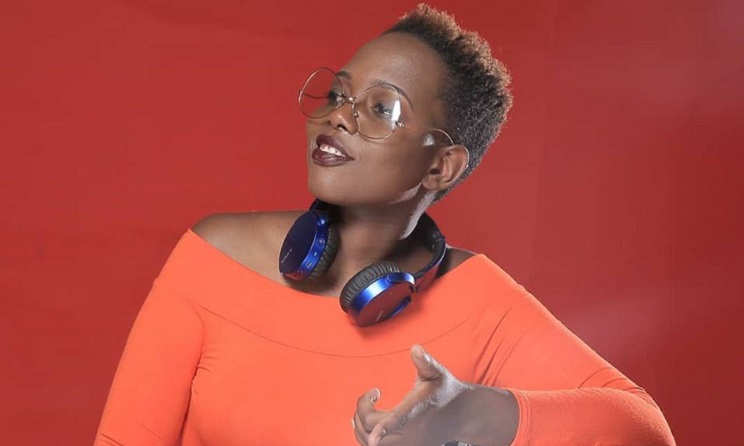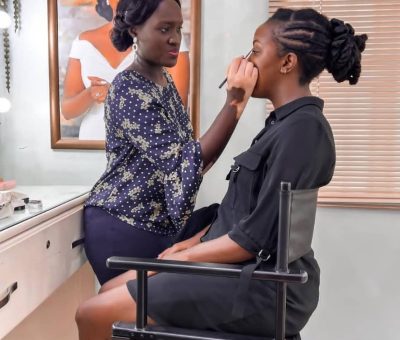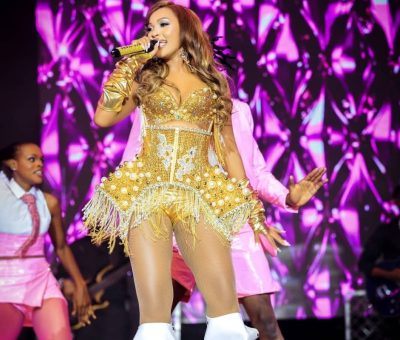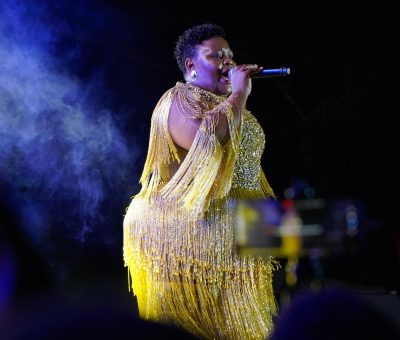- by admin
- in Entertainment
Uganda’s female DJs are promoting structural equality

In the past years, it was hard to come across a female Deejay in Uganda. The stereotypes of such night work being for men were as bold as brass. However, the increasing number of female deejays is a sign that there has been a huge mindset shift and society is embracing change positively.
Today, many women in the entertainment industry are confident to launch their careers and brands in this category of work that has over the years been dominated by male names only.
DJ Rachael, one of East Africa’s most awarded female Deejays, in an interview said that they are mentoring women in mixing as a boundary breaking approach.
“We’re telling women that this space is for you, kind of turning the idea of ladies on its head,’’ she says.
Among the many, Dj Zato (Zahara Toto), Dj Etania aka Life of the Party, Dj Alisha, Dj Lola and Dj Kathy have become household names in almost every hangout or night club in Uganda.
Umutoni Etania is this year’s fastest rising female, young deejay who has traveled to different countries, including Dubai, Rwanda and others to share her special skill at turning the disk.
One of her followers on Twitter appreciated her talent, and requested that she gets paid well for the good work she does.
‘’Etania deserves every shilling she’s paid,’’ Thomas aka Owishemwe tweeted.
Another fan commended the effort, energy and creativity she puts into her work and wished her everything success in her new career as a female deejay.
Whereas the fans appreciate her work, DJ Tania, through her social media channels expressed her fright experience on her first deejaying job.
“I was very nervous, I was freaking out but I promise to do better, to let myself grow into this new element,” she said.
While female deejays are stepping up, the negativity, shaming and slander hasn’t completely stopped. Female deejays experience a lot of hate speech both online and offline.
The harsh criticism has not only come from the public but fellow male deejays too, who argue that because they are women, they shouldn’t have it easy but work hard.
One of Uganda’s long serving talent managers and media personality Brian McKenzie, in a tweet said that female deejays should be critiqued too, if they don’t meet the standards.
“There is no valid reason why female deejays shouldn’t be critiqued the same way male deejays are. If your skill is lacking, we shall call you out; just get your skill set in check,” he tweeted.
However, Dj Bushbaby in a media interview, did not agree but blamed the entire hullabaloo on envy, entitlement and fronting standards.
He asked male deejays that have found the entry of female DJs discomforting to try their tactics of playing non-stop mixes and see if they will get the same results.
In an industry highly dominated by men where bar owners, gig plugs and event managers are likely to favor male deejays over female, such debates are common.
This is why it is exigent to encourage more women into these spaces, so that there are more voices to speak the language of possibility and structural equality.
Redefining the future means overcoming the many gender diversity challenges, and breaking the stereotypes while empowering the younger generation.





































